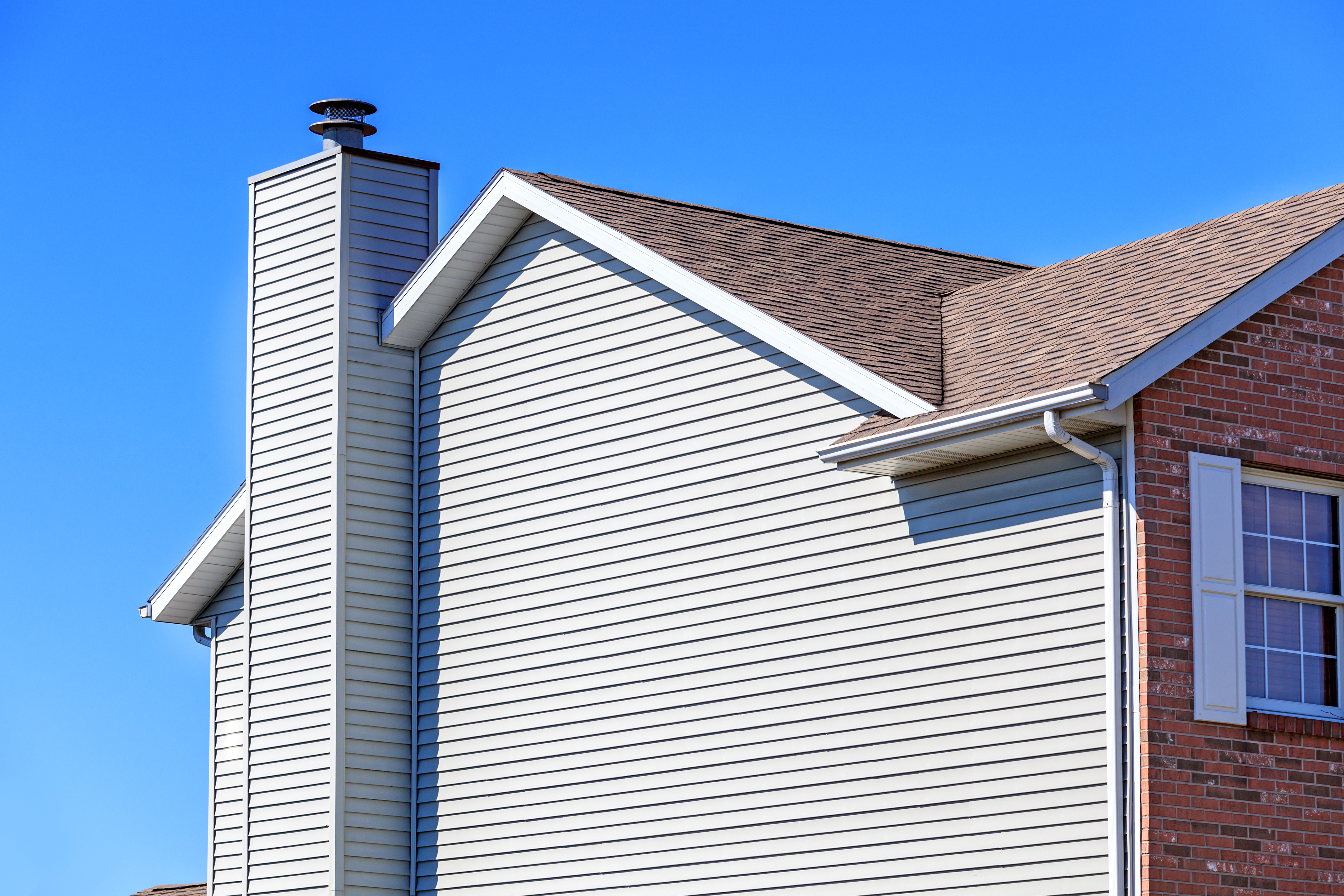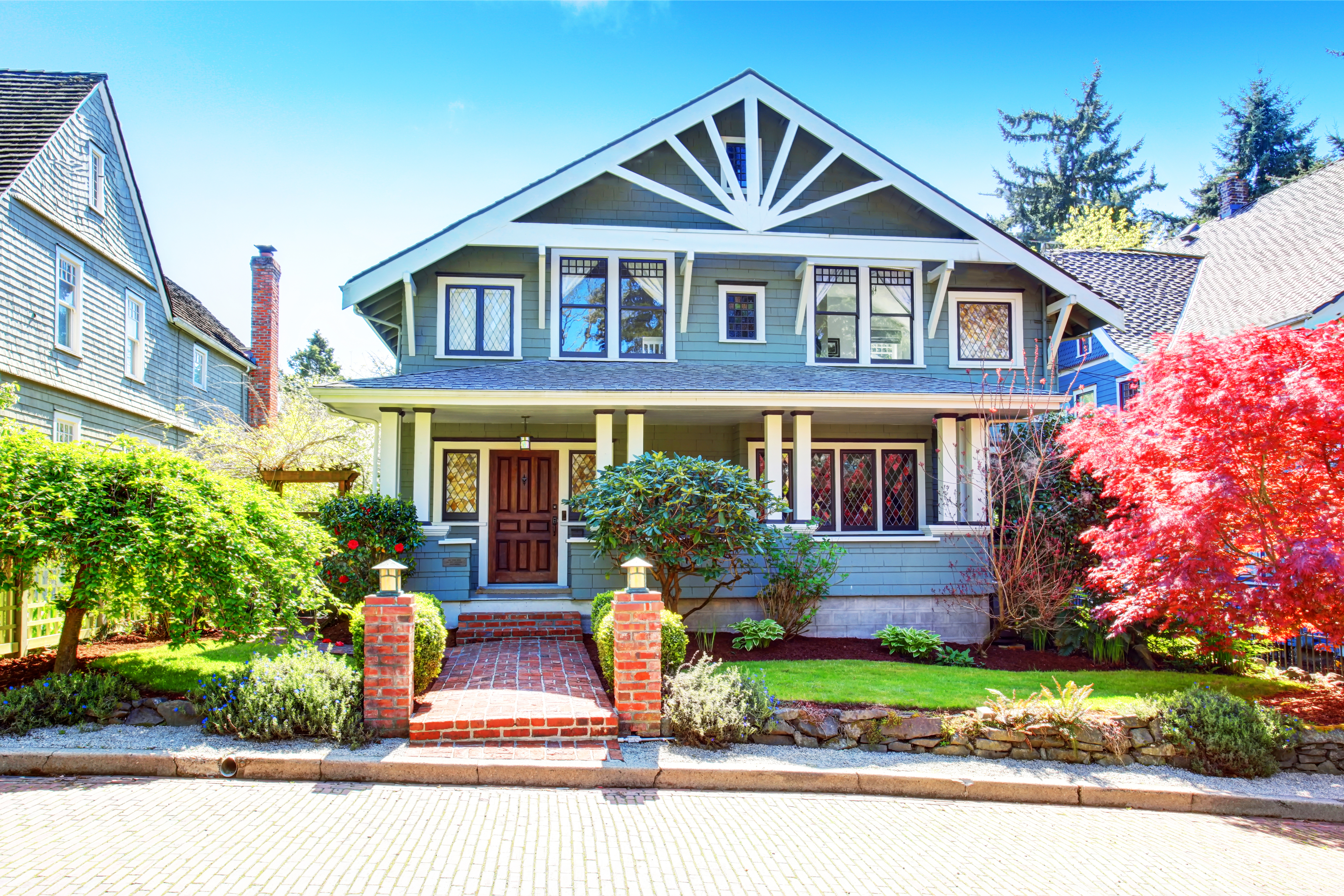
In addition to protecting against extreme Midwest temperatures, new siding in Columbus adds curb appeal. Learn about siding replacement cost in Columbus.
Vinyl siding installation in Austin costs $9,079 on average, with most homeowners paying between $4,966 and $13,191. A vinyl siding pro will provide a custom quote based on the style you select for your home.


ROI for new vinyl siding in Austin can reach 85% in many neighborhoods.
Various styles of vinyl siding are available for homeowners.
There is no standard dimension for vinyl siding.
Vinyl siding installers in Austin charge per square foot for materials and labor.
With Austin's cost of living considered high both for Texas and compared to the rest of the country, local homeowners will need to budget accordingly for new vinyl siding installation. On average, the vinyl siding installation cost in Austin is $9,079. However, homeowners can pay anywhere from $4,966 to $13,191 for different vinyl styles. Keep reading to see what you can expect to pay for this project.
Homeowners comparing pricing for different types of vinyl siding will find everything from basic panels to architectural designs that mimic the look of wood siding. Overall, the average cost for vinyl siding installation in Austin is $3 to $11.50 per square foot.
With Austin's median home size at 2,000 square feet, a local homeowner with an average-size home can expect to pay between $6,000 and $23,000 based on the quality and style of vinyl siding they choose.
| Size (sq. ft.) | Average Cost |
|---|---|
| 1,200 | $3,600–$13,800 |
| 1,500 | $4,500–$17,250 |
| 2,000 | $6,000–$23,000 |
| 2,500 | $7,500–$28,750 |
| 3,000 | $9,000–$34,500 |
| 3,500 | $10,500–$40,250 |
| 4,000 | $12,000–$46,000 |
When assessing the pros and cons of vinyl siding, cost is always one of the top benefits that draws homeowners in. While costs for higher-end vinyl options can be considerably higher compared to basic vinyl, even architectural vinyl siding panels cost just a fraction of the price of real wood or fiber cement boards.
| Siding Type | Price per Square Foot | Pros | Cons |
|---|---|---|---|
| Vinyl board | $3–$5.50 | Easy and affordable installation | Warping and fading risks in direct sunlight |
| Vinyl scallop | $8–$10 | High-end aesthetic | Rounded edges attract debris |
| Insulated vinyl | $9–$11.50 | Energy-efficient and long-lasting | Complex installation |
| Vinyl clapboard | $6–$9 | Classic look | Repairs can be more difficult |
| Vertical vinyl | $7–$8 | Extra protection against water intrusion | Requires skilled installers |
| Vinyl shake | $6–$7 | Convincing wood-like appearance | Vulnerable in high winds |
| Vinyl Dutch lap | $5–$7.50 | Good runoff protection | Harder to clean |
When looking for an option for how to remove vinyl siding, most homeowners simply pay a professional to remove and haul away old siding material for an average cost between $1 and $2.75 per square foot. If the current siding is made from a heavier material like wood or brick, the extra effort will be reflected in a cost that's closer to $2 to $3.50 per square foot. When removing older siding that contains asbestos, the cost is often closer to $4.50 to $7 per square foot to account for the fact that an asbestos-certified pro must perform the work.
While most Austin siding installers charge per square foot, the hourly rate for siding contractors in the area is between $89 and $119 per hour. Pricing reflects the fact that Austin siding contractors must incur costs of doing business that include paying $180 to $200 for a City of Austin Building and Trade Contractor Services (BTCS) license and monthly insurance rates between $140 and $220.
In Austin, a permit is needed for any siding replacement project that exceeds 128 square feet. Base permit fees can range from $100 to $263 for a project of this type.
While services are taxed in Austin, residential contractor work is exempt from sales tax. However, all materials for siding installation are taxed at 6.25% for Texas state sales tax and 1% for Austin city sales tax for a total of 8.25%.
With an average humidity level of 67% that often peaks well above 70% in the summer, Austin can be a humid place that puts siding at risk for water intrusion and mold. In addition, severe seasonal storms can loosen or damage siding panels. For this reason, updating to new vinyl siding can significantly boost a home's value. In addition to appreciating reduced risks for water intrusion and mold, buyers also value new vinyl siding because it boosts insulation to reduce energy costs. It's reasonable to expect the return on investment (ROI) for vinyl installation costs in Austin to reach 70% to 85% in many neighborhoods.
Home is the most important place on earth, which is why Angi has helped more than 150 million homeowners transform their houses into homes they adore. To help homeowners with their next project, Angi provides readers with the most accurate cost data and upholds strict editorial standards. We survey real Angi customers about their project costs to develop the pricing data you see, so you can make the best decisions for you and your home. We pair this data with research from reputable sources, including the U.S. Bureau of Labor Statistics, academic journals, market studies, and interviews with industry experts—all to ensure our prices reflect real-world projects.
Want to help us improve our cost data? Send us a recent project quote to [email protected]. Quotes and personal information will not be shared publicly.
From average costs to expert advice, get all the answers you need to get your job done.

In addition to protecting against extreme Midwest temperatures, new siding in Columbus adds curb appeal. Learn about siding replacement cost in Columbus.

The cost of siding repair varies depending on material, design, and damage. This helpful guide covers the siding repair costs to expect in Columbus, Ohio.

Fiber cement siding is durable, fire-resistant, and affordable. Learn more about fiber cement installation costs in Columbus, OH.

Knowing the differences between fiber cement and vinyl siding can help you choose the right one for your home. Our guide explores these two siding choices.
.jpg?impolicy=leadImage)
Stucco that isn’t waterproofed leaves your home vulnerable to moisture damage. Learn four ways to waterproof stucco for the most protection.

Learn to identify the warning signs of siding damage like rot, pest infestation, and mold growth, and learn what to do to protect your home’s exterior.